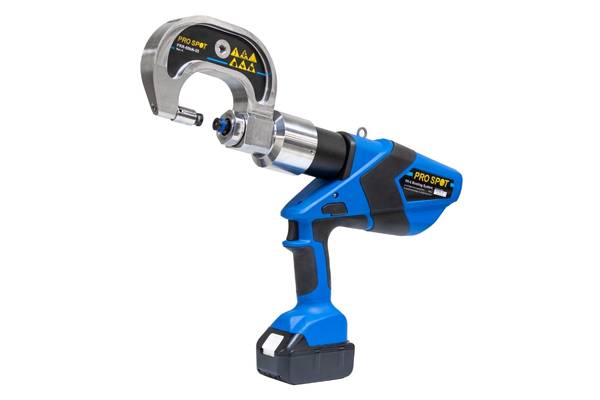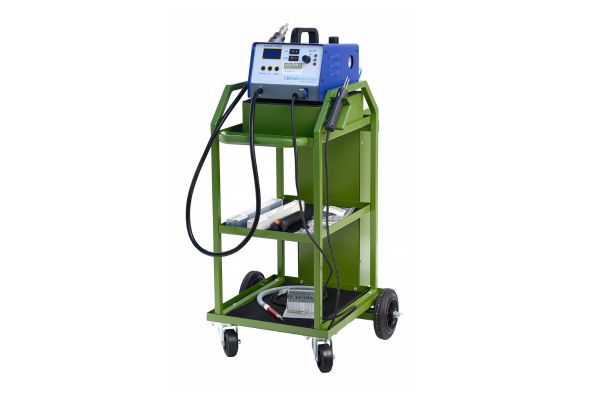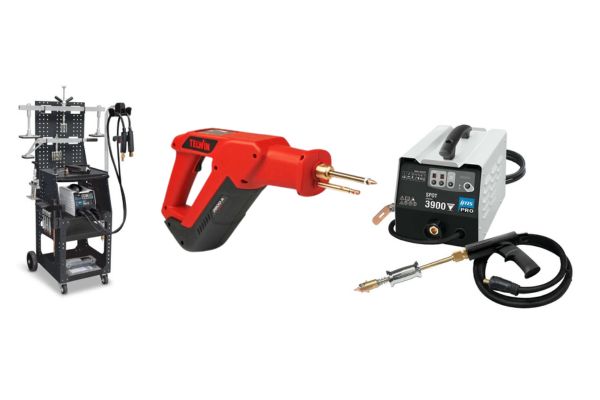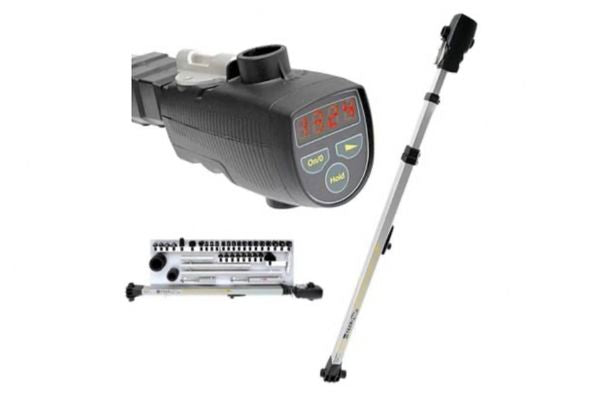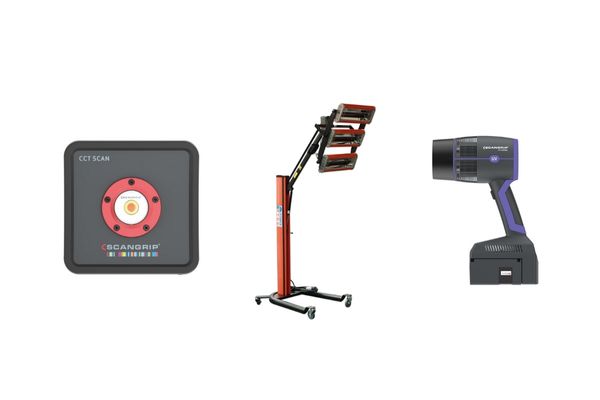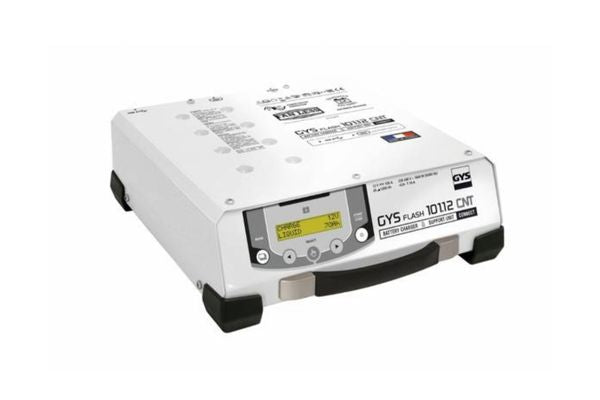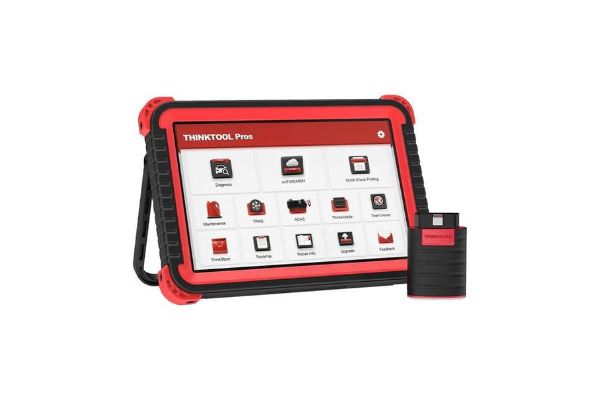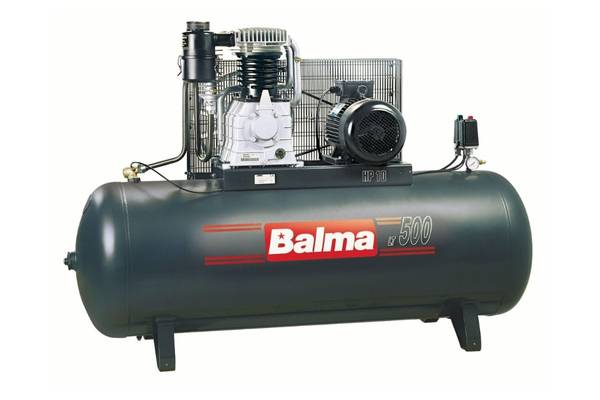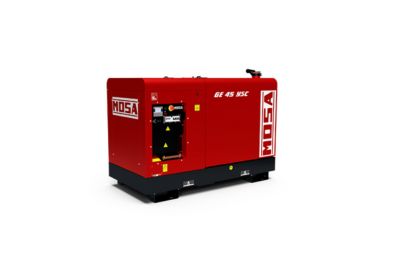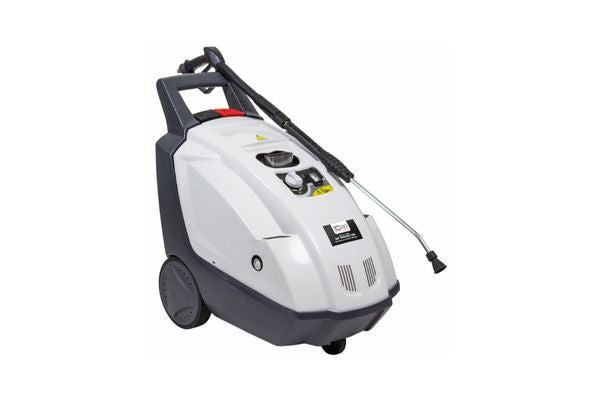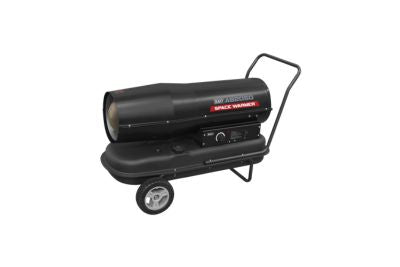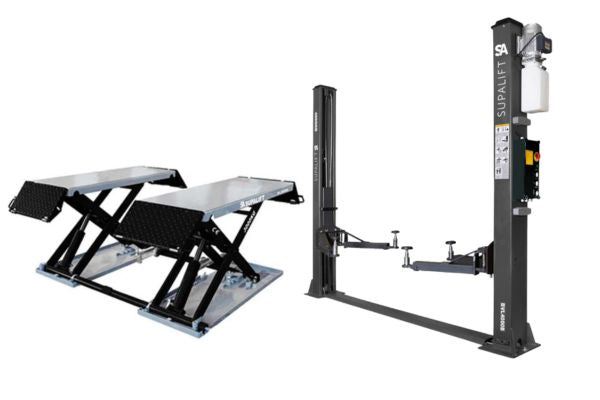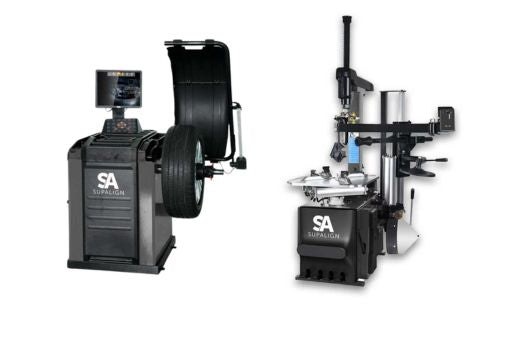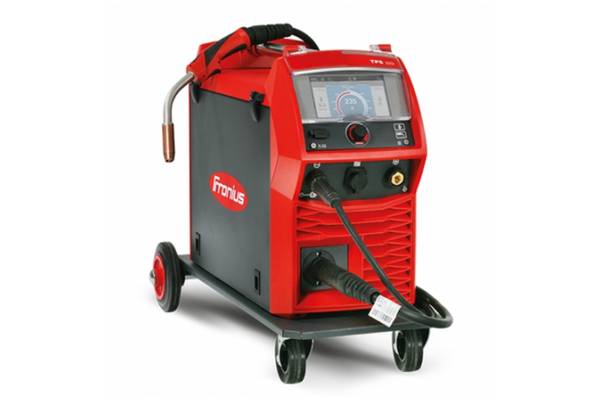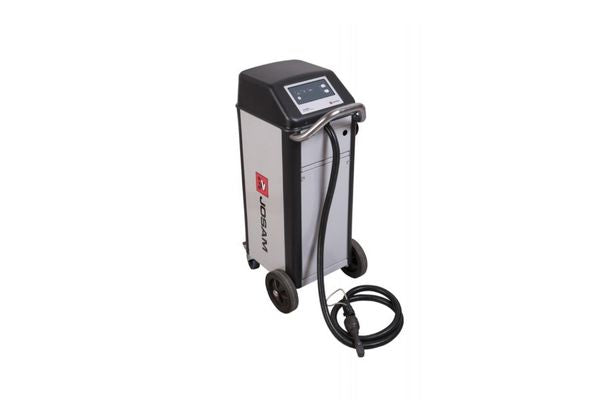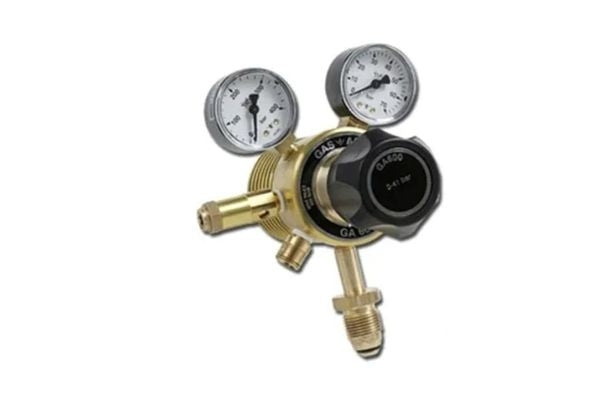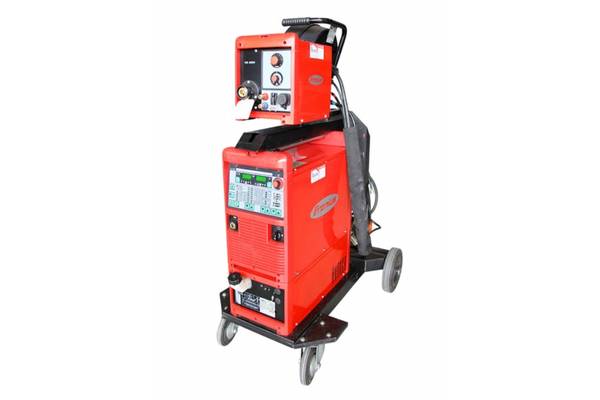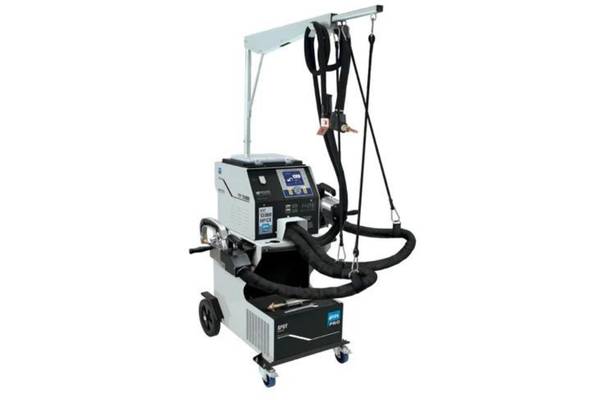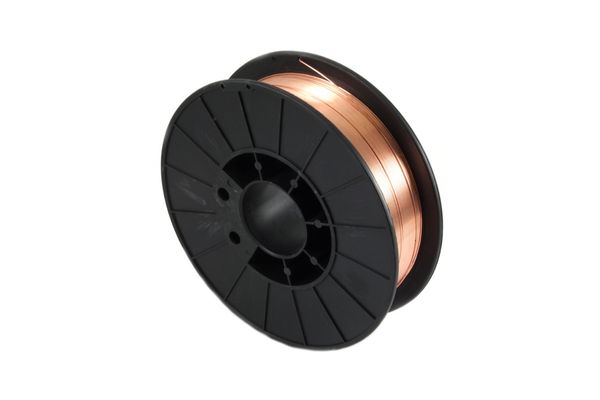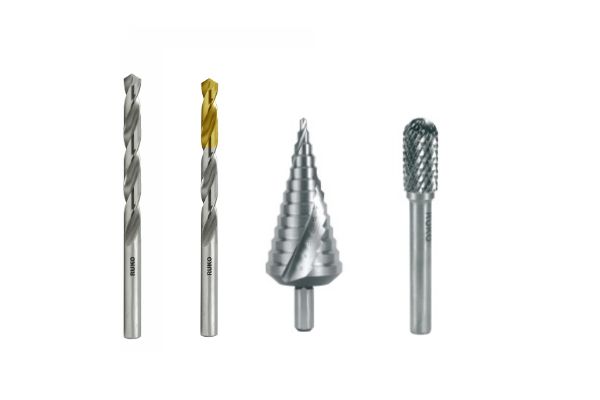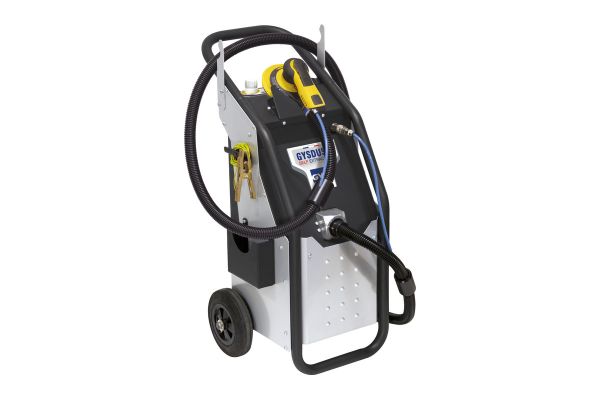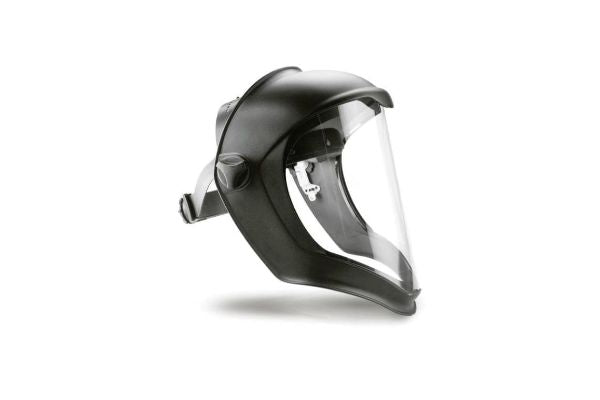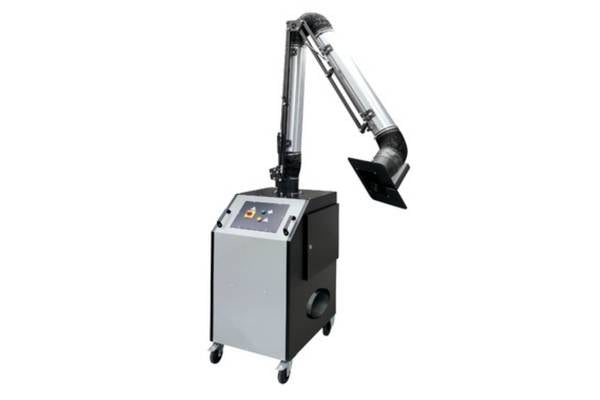NEW Glue Pulling Systems- In Stock!
NEW Glue Pulling Systems- In Stock!
BODYSHOP
WORKSHOP
WELDING
TOOLS
SAFETY
BATTERY SUPPORT UNITS
Battery Support Units, or BSU,s are essential when remapping an ECU. Stabilizing a battery during the read-and-write process of OBD remapping an ECU is critical; it’s also good practice during coding.
Therefore a stable voltage is required in case of the volt drops during this process. If a door is opened during mapping, a Battery Support Unit can sense and react to this drop in voltage and stabilize, something a standard battery charger cannot do.
Battery Support Unit For Remapping
Battery Support Units or BSU,s are an essential part of remapping and will supply the vehicle with power whilst you drive. If your car receives a current from the battery lower than what should be for remap to work correctly, then a supporting BSU may help your engine run smoothly after the remap has been completed on your car. Get in touch today! Call 0161 223 1843
WHY CHOOSE US
We at BWS Ltd have 6 mobile engineers able to offer service and support for everything that we sell and with nearly 30 years in business we believe we can off you a complete service and peace of mind in your purchase
WHY BUY FROM BWS?





FAQ
-
A battery support unit, or BSU, is a device that helps to regulate the voltage and current of a battery. It does this by detecting when the battery is being overcharged or undercharged and then sends power to the battery in order to maintain its optimal state. This helps to extend the life of the battery and also improves its performance. They are also used extensively when remapping an ECU. Stabilizing a battery during the read-and-write process of OBD remapping an ECU is critical; it’s also good practice during coding.
-
1. Protection against voltage drops and brownouts, which can damage your equipment or cause it to shut down unexpectedly.
2. Enhanced performance and longer battery life due to improved charging and discharging.
3. Reduced stress on your vehicle's alternator, which can prolong its life.
4. Protection against corrosion and electrolyte leakage, which can damage your battery or electrical system.
5. Faster starts in cold weather, due to the unit's ability to heat up the battery prior to starting the engine. -
There are a few instances when it is appropriate to use a battery support unit. One situation is when there is a power outage and backup power is needed. Another situation is when there is an unstable power supply and the battery can help to smooth out the fluctuations. Additionally, using a battery support unit can be helpful in cases where there is an excessive load on the power supply. By using a battery support unit, you can help to ensure that your equipment receives the stable power it needs to operate effectively.


